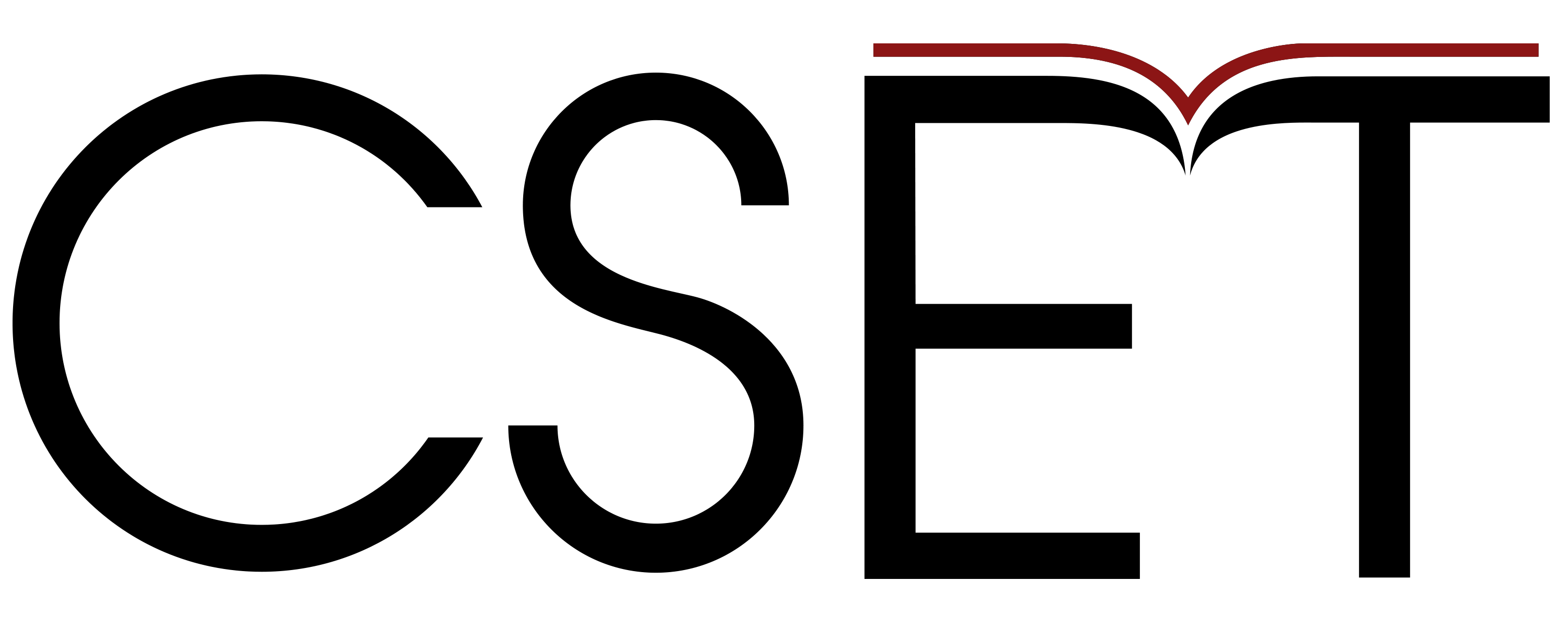2024
Demszky, D., Wang, R., Geraghty, S., & Yu, C. (2024). Does Feedback on Talk Time Increase Student Engagement? Evidence from a Randomized Controlled Trial on a Math Tutoring Platform.
Dennison, D. V., Garcia, R. C., Sarin, P., Wolf, J., Bywater, C., Xie, B., & Lee, V. R. (2024). From Consumers to Critical Users: Prompty, an AI Literacy Tool For High School Students.
Xie, B., Sarin, P., Wolf, J., Garcia, R. C., Delaney, V., Sieh, I., Fuloria, A., Varuvel Dennison, D., Bywater, C., & Lee, V. R. (2024). Co-designing AI Education Curriculum with Cross-Disciplinary High School Teachers.
2023
Levine, S., & Sigvardsson, A. (2023). Insights into Teachers' Funds of Knowledge: Comparing language arts teachers’ stances toward the same poems in everyday and school settingstexts. L1-Educational Studies in Language and Literature, 23(2), 1-27.
Kupor, A., Morgan, C., & Demszky, D. (2023). Measuring Five Accountable Talk Moves to Improve Instruction at Scale. arXiv preprint arXiv:2311.10749.
Wang, R. E., Zhang, Q., Robinson, C., Loeb, S., & Demszky, D. (2023). Step-by-Step Remediation of Students' Mathematical Mistakes. arXiv preprint arXiv:2310.10648.
Shumway, J. F., Welch, L. E., Kozlowski, J. S., Clarke-Midura, J., & Lee, V. R. (2023). Kindergarten students’ mathematics knowledge at work: the mathematics for programming robot toys. Mathematical Thinking and Learning, 25(4), 380-408.
Beck, S. W., & Levine, S. R. (2023). Backtalk: ChatGPT: A powerful technology tool for writing instruction. Phi Delta Kappan, 105(1), 66-67.
Trepper, K., Levine, S., Lomelí, K., & Garcia, A. (2023). One text, two worlds, third space: Design principles for bridging the two-worlds divide in teacher education. Teaching and Teacher Education, 129, 104144.
Demszky, D., Liu, J., Hill, H. C., Sanghi, S., & Chung, A. (2023). Improving Teachers’ Questioning Quality through Automated Feedback: A Mixed-Methods Randomized Controlled Trial in Brick-and-Mortar Classrooms.
Wang, R. E., & Demszky, D. (2023). Is ChatGPT a Good Teacher Coach? Measuring Zero-Shot Performance For Scoring and Providing Actionable Insights on Classroom Instruction. arXiv preprint arXiv:2306.03090.
Levine, S., Mah, C. (2023). Funds of Feeling: a Feeling-Based approach to Literary Interpretation. English Journal, vol. 112, no. 6, pp 63-71.
Delaney, V., Sarin, P., & Lee, V. R. (2023). Students’ Constructed Explanations for How Artificial Intelligence Generates Recommendations in YouTube. In Proceedings of the 17th International Conference of the Learning Sciences-ICLS 2023, pp. 1186-1189. International Society of the Learning Sciences.
Stovall, J. L., Pimentel, D. R., Carlson, J., & Levine, S. R. (2023). High school mathematics teachers' noticing of inequitable talk. Journal of Mathematics Teacher Education, 1-28.
Dyer, E. B., Jarry-Shore, M., Fong, A., Deutscher, R., Carlson, J., & Borko, H. (2023). Teachers’ engagement with student mathematical agency and authority in school-based professional learning. Teaching and teacher education, 121, 103881.
Levine, S., Moore, D. P., Bene, E., & Smith, M. W. (2023). What if it Were Otherwise? Teachers Use Exams from the Past to Imagine Possible Futures in the Teaching of Literature. Reading Research Quarterly, 58(1), 5-24.
2022
Levine, S. (2022). Situated Expertise in Literary Interpretation: An Expert-Expert Study of High School and PhD Students Reading Canonical Hip-Hop and Poetry. Cognition and Instruction, 40(4), 540-562.
Zummo, L., Hauser, M., & Carlson, J. (2022). Science Teacher Noticing via Video Annotation: Links between Complexity and Knowledge-Based Reasoning. Journal of Science Teacher Education, 33(7), 744-763.
Levine, S., Hauser, M., & Smith, M. W. (2022). Authority and authenticity in teachers’ questions about literature in three contexts. English Teaching: Practice & Critique, 21(2), 192-208.
Rainey, E. C., & Levine, S. (2022). Guest editorial: Introduction to special issue on disciplinary literacy in English teaching and teacher education. English Teaching: Practice & Critique, 21(1), 1.
